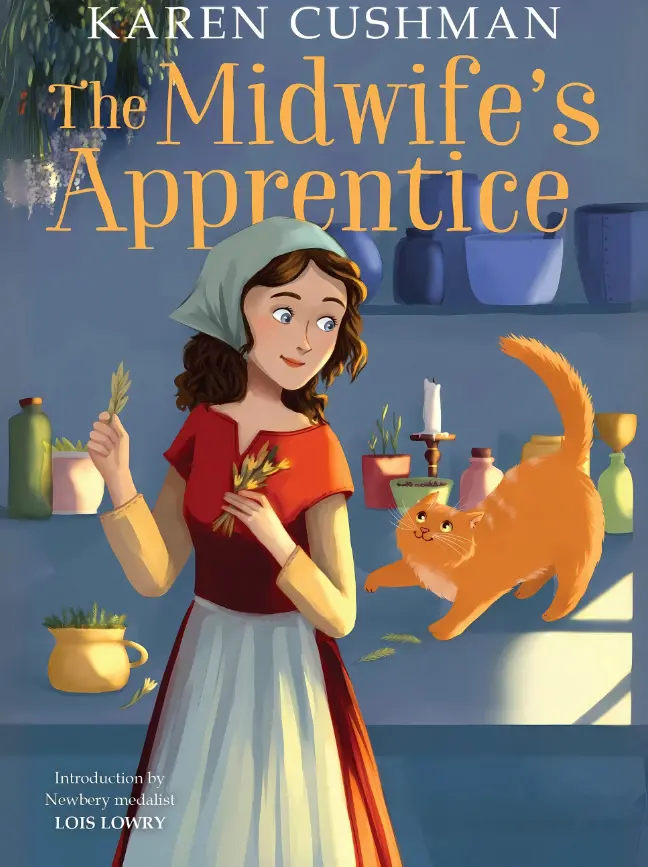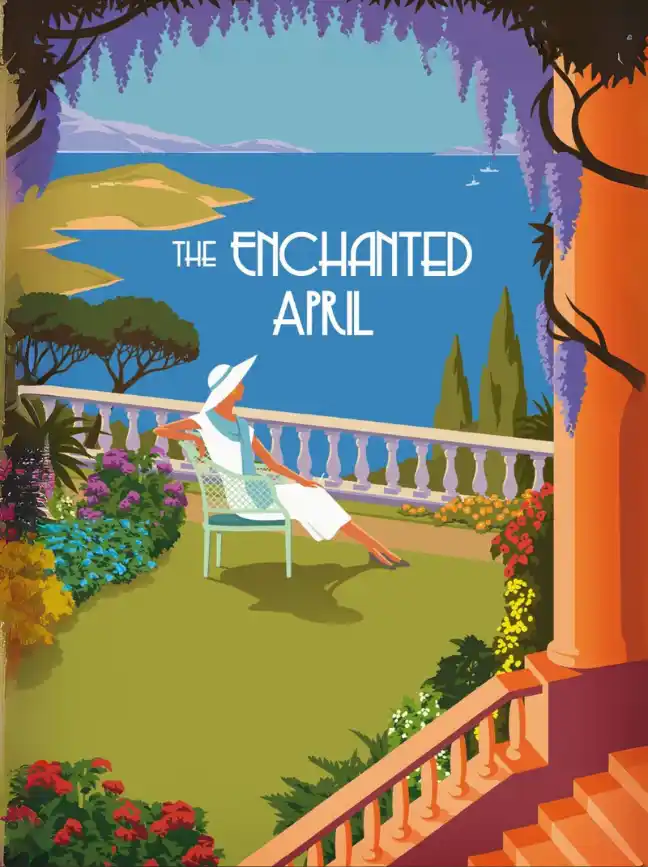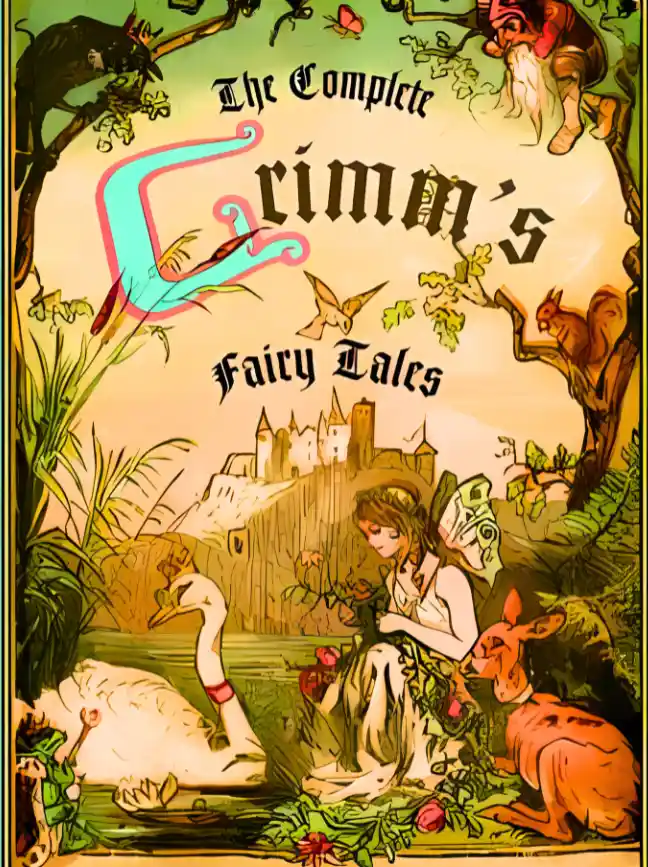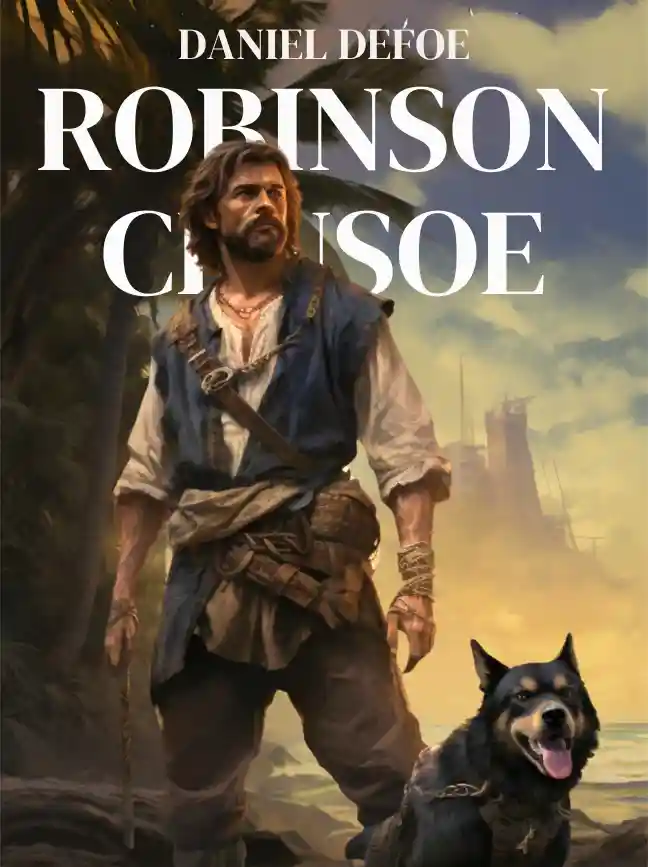While the other sea guardians celebrated the end of the trials in the banquet hall, Tané lay exhausted in her quarters. She had not emerged since her fight with Turosa. A surgeon had cleaned and stitched her shoulder, but moving drained her, and the throb was ceaseless.
Tomorrow, she would find out if she was to ride.
She gnawed the nail on her little finger until she tasted blood. If only for something less painful to do with her hands, she found her copy of Recollections of the Great Sorrow. The book had been a gift from one of her teachers for her fifteenth birthday. It had been some time since she had opened it, but its illustrations would distract her.
Close to the twelfth hour, when the song of the tree crickets was swelling outside, she was still awake, reading.
One image portrayed a Seiikinese woman with the red sickness. Her hands and eyes were crimson. On another page were the fire-breathers. Their bat wings had frightened Tané when she was fifteen, and they still gave her a chill. The next image showed the people of Cape Hisan standing on the coast, watching a great battle. Dragons twisted and thrashed among the waves. Their jaws snapped at the demons as they rained fire upon Seiiki.
The final image showed the comet that had come on the last night of the Great Sorrow—Kwiriki’s Lantern—weeping meteors into the sea. The winged demons fled from it, while the dragons of Seikii rose from the waves, painted in coin-bright silvers and blues.
A knock interrupted her reflections. Tané shifted painfully to her feet. When she slid open the door, she found Onren, clad in a dark green robe, hair bedecked with salt flowers. She was holding a tray.
“I brought supper,” she said.
Tané stood aside. “Come in.”
She returned to her bedding. Her candles had burned low, stretching every shadow. Onren set the tray down, revealing a small feast. Tender cuts of sea bream, bean curd rolled in roe, and salt-pickled kelp in a fragrant broth, as well as a jar of spiced wine and a cup.
“The honored Sea General let us taste his famous sea-aged wine,” Onren said with a brief smile. “I would have saved you some, but it ran out almost as quickly as it arrived. This is a touch less special”—she poured from the jar—“but it might dampen your pain.”
“Thank you,” Tané said. “It was kind of you to think of me, but I never had a taste for wine. You have it.”
“The trials are over, Tané. You can let go. But . . . I suppose I could use it.” Onren knelt on the mats. “We missed you at the banquet hall.”
“I was tired.”
“I thought you might say that. Not to insult you, but you look as if you haven’t slept in years. And you’ve earned a rest.” She picked up the cup. “You did well against Turosa. Perhaps the bastard’s finally realized that he is not so high above the peasants he despises.”
“We are not peasants now.” Tané studied her. “You look worried.”
“I think I lost the chance to ride today. Kanperu fights as well as he—” She sipped the wine. “Well.”
So she had fought Kanperu. Tané had been taken to the surgeon before she could see the other trials.
“You excelled on all the other days,” Tané reminded her. “The honored Sea General will judge us fairly.”
“How do you know?”
“He is a rider.”
“Turosa will be a rider tomorrow, yet he has spent years picking on those of us who came from peasant stock. I heard he beat a servant once for not bowing low enough. Either of us would have been exiled from the Houses of Learning for behaving that way . . . but blood still holds power.”
“You do not know that he will be a rider just because of that.”
“I wager you all I own that he will.”
Silence fell. Tané picked at the bean curd.
“I was scolded once, when I was sixteen, for gambling in the city,” Onren said. “Because it was disreputable, I was barred from lessons and told I would have to earn back my place in the East House. I was scrubbing the outhouses for the rest of the season. Meanwhile, Turosa can almost murder a servant and have a sword in his hand a few days later.”
“Our learnèd teachers had their reasons. They understand the true meaning of justice.”
“Their reason was that he is the grandson of a rider, and I am not. And that will be their reason tomorrow if I am cast off in favor of him.”
“That will not be the reason,” Tané bit out.
It had leaped from her tongue before she could catch it, like a slippery fish eluding her grasp.
Onren raised her eyebrows. The silence hung, an unstruck bell, as Tané wrestled with herself.
“Come, Tané. Speak your mind.” Onren raised a cautious smile. “We are friends, after all.”
It was too late now to take it back. The trials, the outsider, her exhaustion and guilt—all of it came together violently, like bubbles in boiling water, and Tané could no longer hold it in.
“You seem to think that if you are not made a rider tomorrow, it will not be through any fault of yours,” she heard herself say. “I have worked every day and night during our time here. You, in the meantime, have shown no respect. You arrive late to your trials, in front of the Miduchi. You spend your nights in taverns when you ought to be practicing, then wonder why you fight poorly against your opponent. Perhaps that will be the reason that you do not become a rider.”
“So,” she said curtly, “you think I don’t deserve it. Because . . . I went to the tavern.” She paused. “Or is it because I went to the tavern and still outperformed you in the knife trial?”
Tané stiffened.
“Your eyes were bloodshot that morning. They still are. You stayed up all night practicing.”
“Of course I did.”
“And you resent me because I didn’t.” Onren shook her head. “Balance is necessary in all things, Tané—it does not equate to disrespect. This position is the chance of a lifetime, and not to be squandered.”
“I know that,” Tané said, her tone clipped. “I only hope that you do, too.”
At this, Onren smiled thinly, but Tané glimpsed the hurt in her eyes.
“Well,” she said, rising, “in that case, I had better leave you. I have no wish to drag you down with me.”
As quickly as the anger had brimmed inside Tané, it cooled. She sat very still, her hands pressed on the bedding, trying to swallow the tang of shame. Finally, she rose and bowed.
“I apologize, honorable Onren,” she murmured. “I should not have said any of that. It was inexcusable.”
After a pause, Onren softened. “Forgiven. Truly.” She sighed. “I have been worried about you.” Tané kept her gaze down. “You have always worked hard, but throughout these trials, it seems to me as if you have been punishing yourself, Tané. Why?”
When she spoke like that, it was like having Susa again. A kind face and an open mind. Just for a moment, Tané was tempted to tell Onren everything. Perhaps she would understand.
“No,” she said at last. “I have only been afraid. And tired.” She sank back onto the bedding. “I will be better tomorrow. When I know my fate.”
Onren laughed at that. “Oh, Tané. You make it sound as if the jailhouse is the alternative.”
Tané flinched, but managed a smile.
“I will leave you. We both need rest.” Onren drained the cup. “Goodnight, Tané.”
As soon as Onren was gone, Tané quenched the oil lamp and crawled under her bedding. Exhaustion and pain engulfed her at last, and she plunged into a dreamless sleep.
When she woke, the light was golden. For a moment, she could not understand why the room was so bright. It seemed as if it had been dark for an eternity.
She slid open the window. The sun gleamed on the rooftops of Ginura, even as the rain kept sheeting.
A sunshower. A good omen.
The servants would come soon with her new uniform. If the dragon on the back of the surcoat was silver, she would remain a sea guardian and serve as a leader in the navy.
If it was gold, she was god-chosen.
She paced the room and lit the incense in the shrine for one last prayer. She asked forgiveness for her impoliteness toward Onren, and again for what she had done on the night before the ceremony. If the great Kwiriki would only absolve her, she would prove her devotion for the rest of her life.
The servants came as afternoon ended. Tané waited, eyes closed, before she turned to face them.
The tunic was watersilk. Blue as sapphires. And on the back of the surcoat was the dragon emblem, embroidered in gold thread.
Her new attendants skinned her hair into a military style. The scar on her cheek looked more prominent, and her shoulder ached, but her eyes were as bright as fresh ink.
As the sun took its leave, she emerged from her palanquin and stepped on to the pale sand of Ginura Bay. The choosing always took place at the end of the day, for her old life ended here. She wore new leather boots with a thick heel, the better to grip the stirrups of a saddle.
A night rainbow burned against the smoky purple of the sky, daubed across the horizon in intensities of red. People were gathering on the cliffs to stare at this peculiar sign from the great Kwiriki, and to watch the twelve new dragonriders walk toward the water.
Turosa was among them. So were all the other relatives of dragonriders. Tané fell into step beside Onren, who smiled at her. She had earned a place in Clan Miduchi.
The last time Tané had been on a beach, the stranger had stepped from the dark like a curse. Yet the tides within her, which had pushed her toward this day from the cradle, were strangely calm and still.
Ten Seiikinese dragons waited in the sea, lithe and beautiful. The sun and the rainbow lit the waves that lapped against their bodies. The two Lacustrine warriors, it seemed, had yet to arrive.
When he was called, Kanperu bowed to the Sea General, who lifted a string of dancing pearls around his neck. He handed Kanperu a helm and a padded saddle. Next, the Sea General bestowed on him a mask to keep the elements off his face and a sword quenched with salt water, its scabbard inlaid with mother-of-pearl, made by the finest bladesmith in Seiiki.
Kanperu passed the cords of the helm around his neck, then hefted the saddle under his arm and strode into the water. Once he was up to his waist, he held out his right hand, palm turned upward.
A blue-gray dragon extended her neck and considered him with eyes like full moons. When she dipped her head farther, Kanperu hooked his fingers into her mane and clambered onto her, mindful of her spines. No sooner were he and the saddle in place than his dragon let out a haunting call and plunged into the sea, drenching everyone on the beach.
Onren approached the shore next, cheeks full of her smile. She had only held out her hand for a moment before the largest of the dragons—a hulking Seiikinese with a black mane, his scales like beaten silver—came gliding toward the beach. Onren tensed at first, but once she had made contact, she relaxed and climbed his neck like a ladder.
“The honorable Miduchi Tané,” the Sea General called. “Step forward.”
Onren lowered her mask over her face. The dragon lowered his head and swam away.
Tané bowed to the Sea General and let him lock the pearls at the base of her neck, the sign that she was god-chosen. She took the helmet and the saddle and, finally, the sword in its scabbard. It already felt like a part of her arm. She fastened it to her sash and waded into the sea.
As warm salt water swilled around her calves, her breath came short. She reached out a hand. Head down. Eyes shut. Her hand was steady, but the rest of her was quaking.
Cold scale brushed her fingers. She dared not look. She must. When she did, two eyes, as bright as fireworks, stared back from the face of a Lacustrine dragon.








